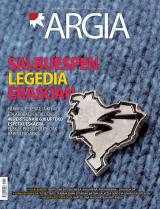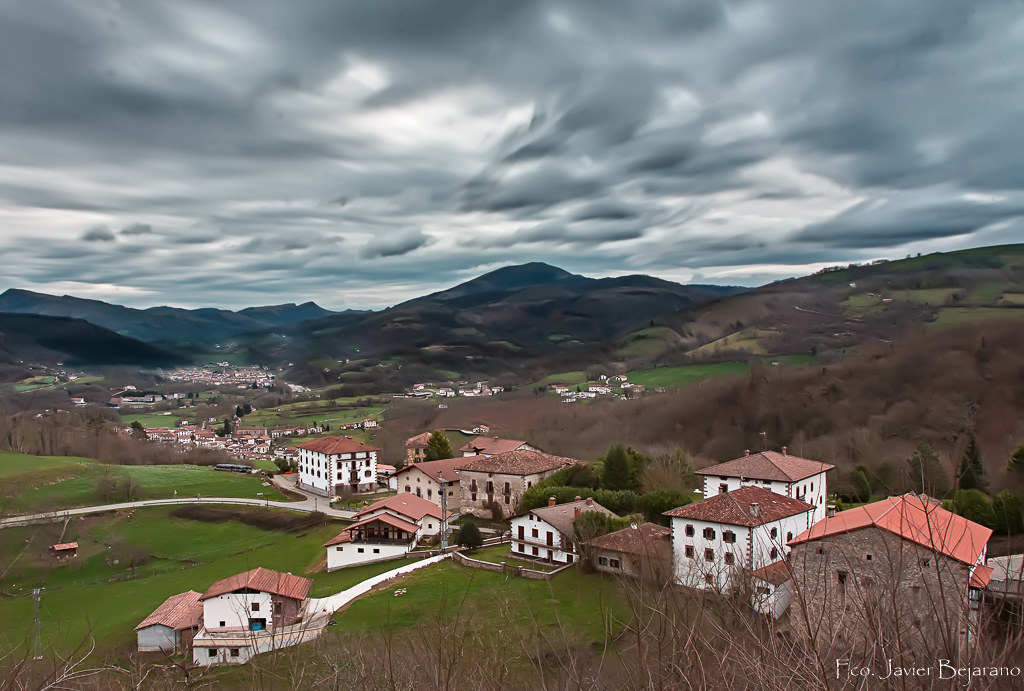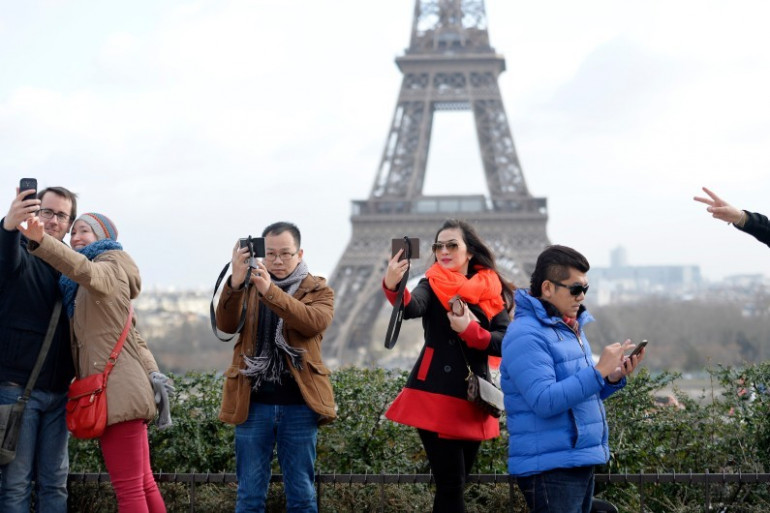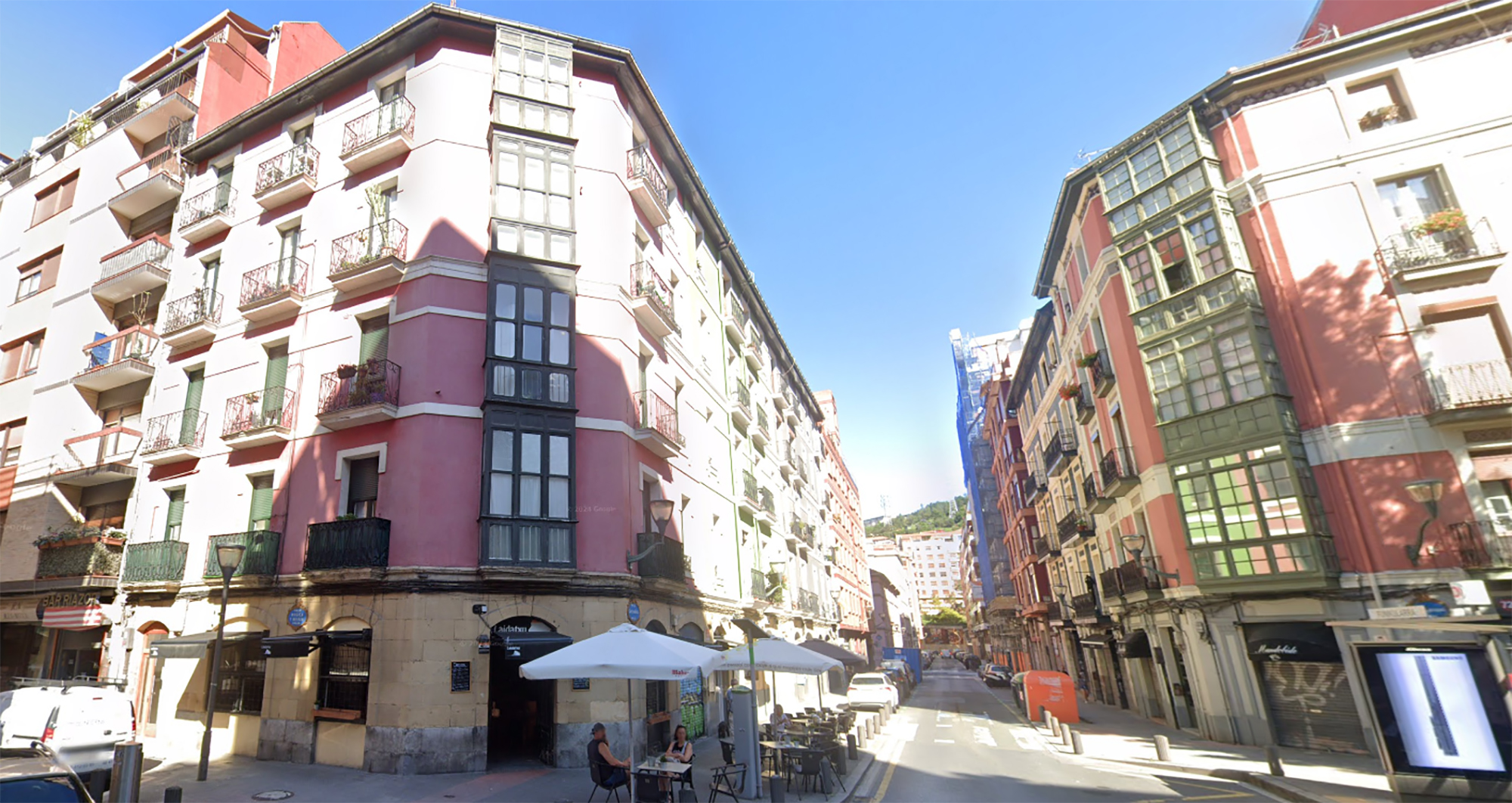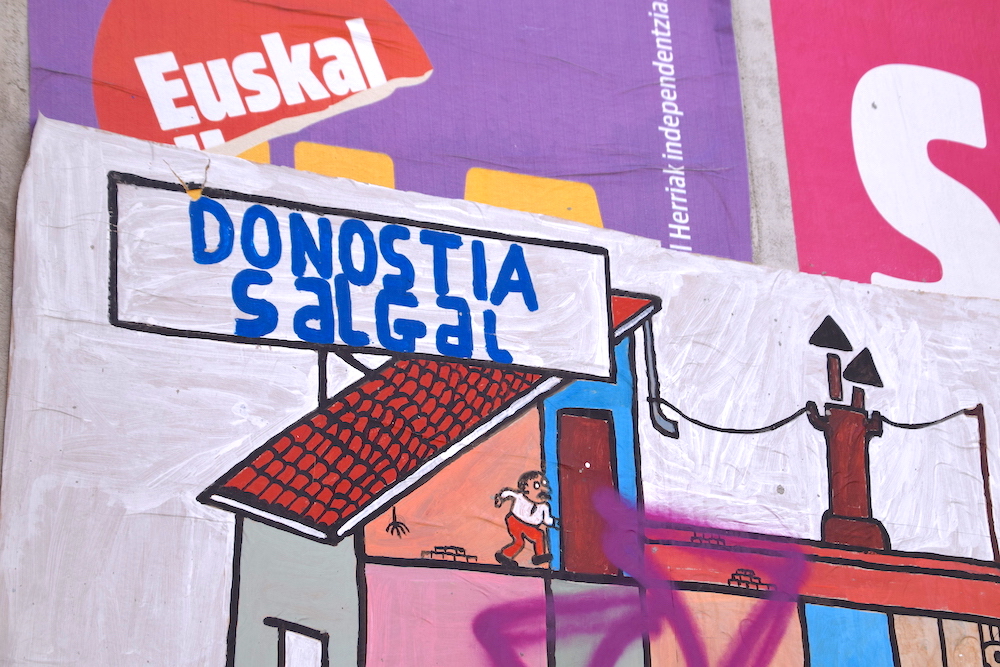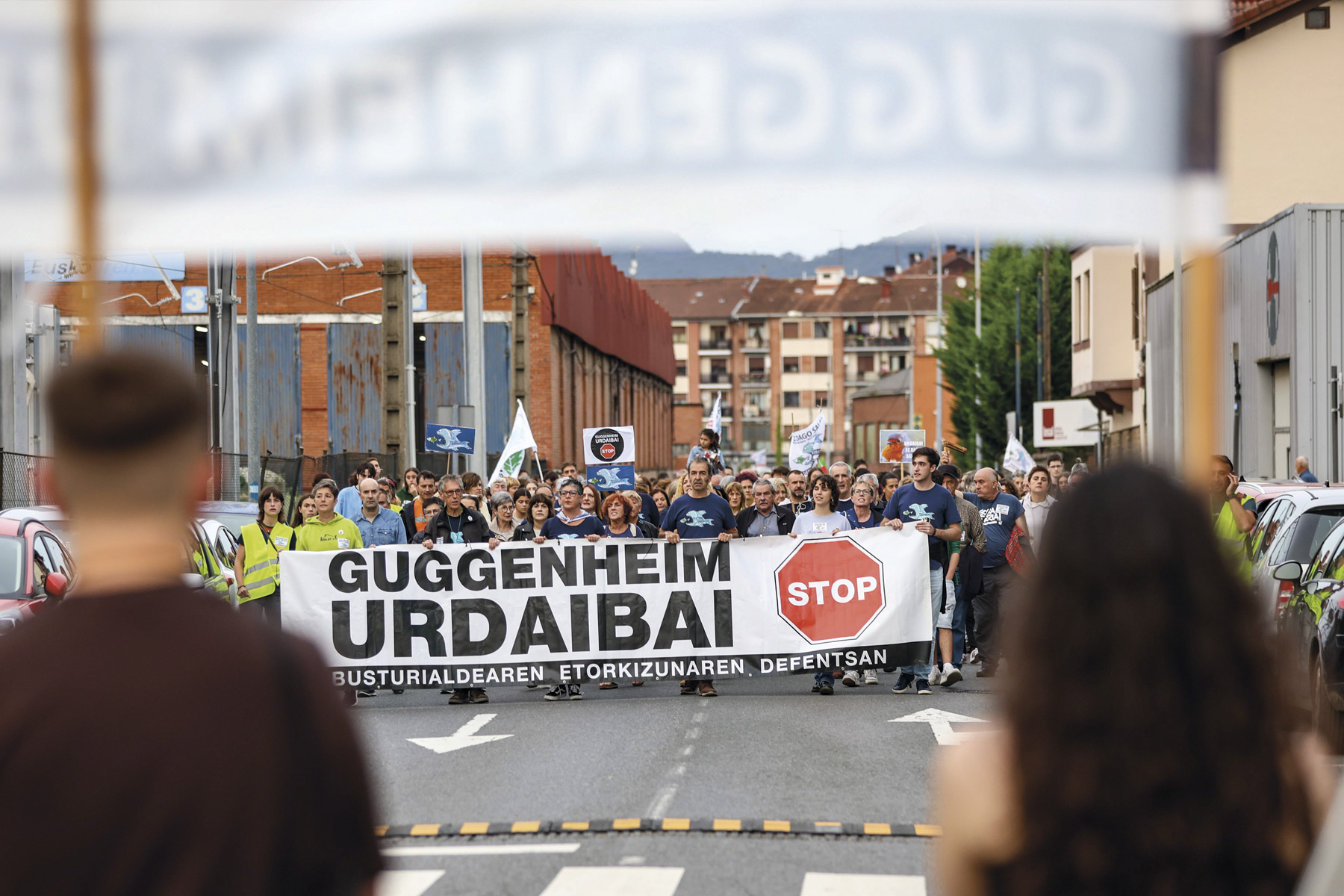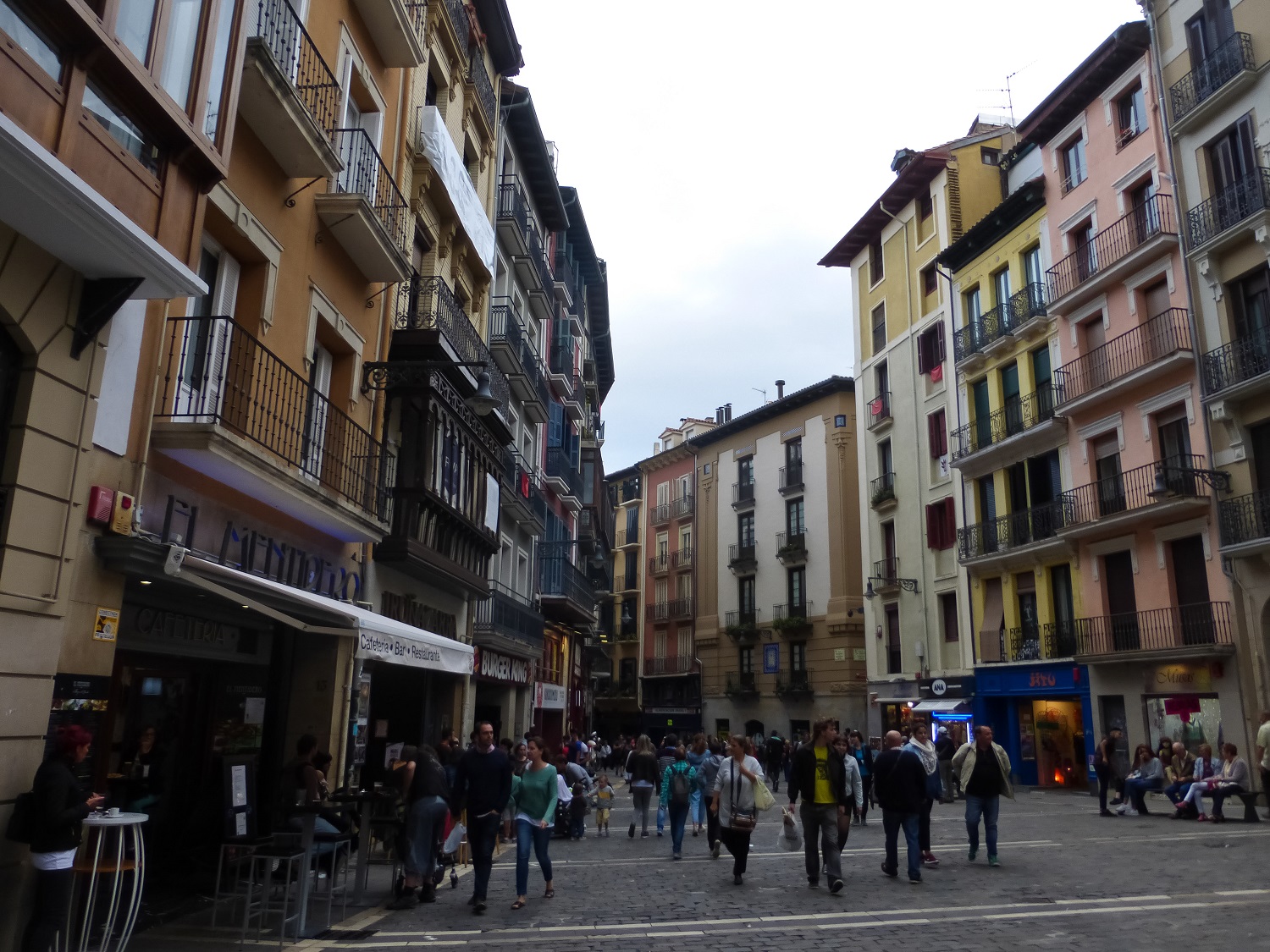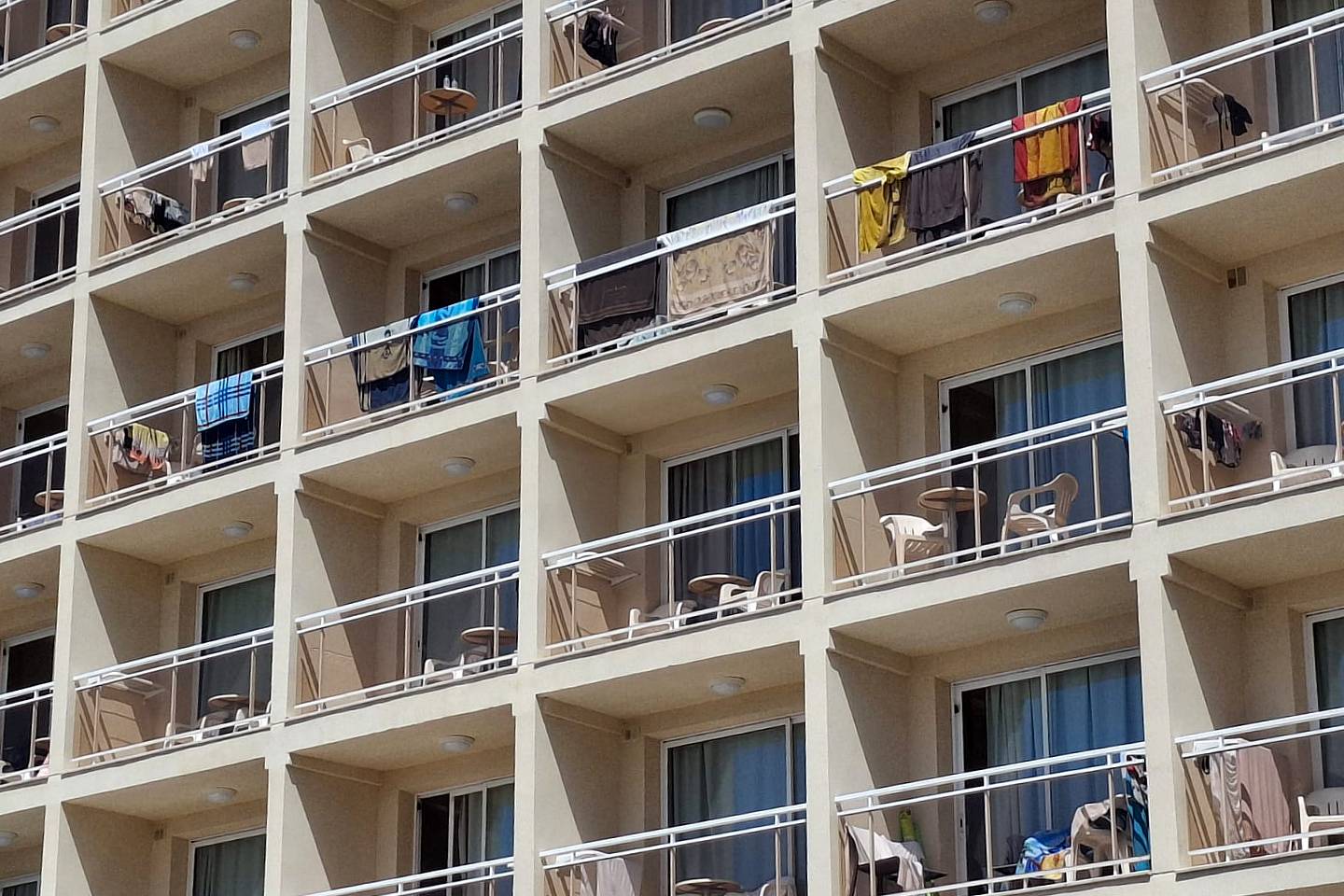October against Turistification was rounded off last Sunday with a multitudinous demonstration in favor of the tourist growth of the Bizilagunak platform, but the debate on turistification is still alive in the city. In particular, they have contacted the tourism of... [+]
Tourism overcrowding has made Barcelona an international benchmark.
- The anthropologists of Barcelona Andrés Antebi and Claudio Milano are the creators of the project Turistgrafias, along with four other members from Venice, Lisbon, Costa Brava and Mallorca. This project aims to provide data and tools to the popular movements and struggles around the tourist, crossing the borders of the academic field. These types of projects have been key to questioning what until recently was untouchable in Barcelona: In the words of Denis Itxaso “golden egg hen”, or tourism model.
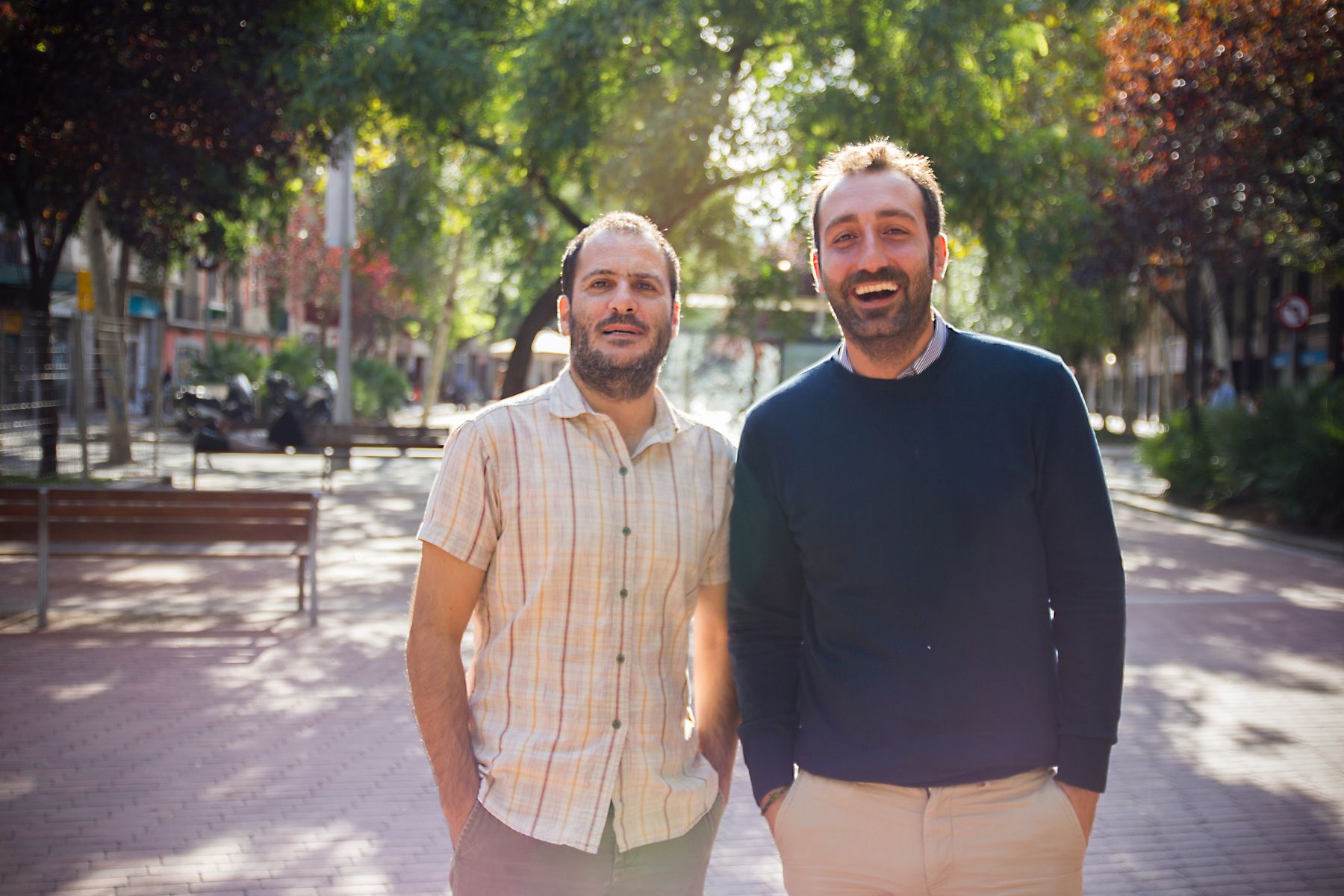
You try to synthesize the consequences of global tourism and the responses of the citizens.
Andrés Antebi: We are working to bring to light issues that are not known and that require investigation. We also synthesize works at the transnational level; the tourism issue is often approached from perspectives that are localities. For example, the boom in the Spanish State, mainly the excessive tourist saturation of the last three years, is closely linked to the decline of other tourist destinations, especially in North Africa, the Arab spring and the belief in insecurity that has spread to some Muslim countries. You cannot analyze what happens to you without taking into account the complete photography of the domino of current global tourism.
You have managed to bring to the centre the debate on the models of city and tourism in Barcelona.
A. Antebi: This was unthinkable a few years ago. The unwritten alliance formed between academia, popular movements and some media has helped change the questions to transform the frame we're talking about. It is no coincidence what the latest surveys say: among the concerns of the Barcelonists, tourism occupies the first place, above unemployment. This is very significant.
This debate has not only taken place in Barcelona, but has also taken place in Barcelona.
Claudio Milano: Although there are speeches against mass tourism in Amsterdam or Berlin, there is no such organised and structured politicisation as in southern Europe (Barcelona, Lisbon, Venice…).
A. Antebi: For four or five years we have created a map of responses to the consequences of the tourism industry, which previously did not exist. Without going too far, Donostia-San Sebastián is an unbeatable example of why these movements have taken place so quickly. It has been enough to connect several nodes and ideas to create a clear explanation of the panorama of cities that have suddenly become attractive tourism; and to understand how all this is related to dynamics of speculation, gentrification, sale of the city to which the best offer is made, etc. In short, the functioning of global capitalism can be easily explained through the tourism model.

The Barcelona model has gone from exportable to a red
line. Milano: The concept of overtourism is widely used in the world of English speakers. And the first example they set to reflect that is Barcelona.
A. Antebi: The people of the Morar group in Lisbon affirmed this in the first paragraphs of the campaign against gentrification of several neighbourhoods in the Portuguese capital: “We don’t want to be another Barcelona.” This is very important. In the past, Barcelona was a model to imitate, and today, tourism massification has made it an anti international model.
“The Barcelona model of success, based on public-private partnership, has come to copy many cities around the world.” They are words of Joan Gaspart, president of the Turisme consortium of Barcelona, which managed 170 hotels spread over 125 cities in the world.
A. Antebi: Barcelona has, for the most part, been a successful international marketing benchmark. The same people who have organized these campaigns have had direct interests in the business. And like all global industries, many have made huge profits. These are, above all, people who control the large infrastructures that have been created around tourism: transport, hospitality, promotion and other strategic areas. It has been built according to a predominant logic in any capitalist economy: the precariousness and progressive exploitation of the large masses of workers working for tourism. Be it in Barcelona or in hotels in Cancun, all the same. Enormous sums are accumulating, but the distribution of wealth is increasingly uneven.
The great C. Milano: There is no doubt about those who have enriched themselves here: the lobbies of hotels. That is why the Atlantic Jump has been mentioned so many times. These large hotel companies, such as Sol Meliá and Barceló, in addition to using the tourism boom in the 1980s and 1990s, began to export the “all-inclusive” model in the 2000s. The great hotel boom in the Caribbean and northeast of Brazil originated mainly from the activity of the Catalan and Balearic capital.
In all these cases, the participation and active collaboration of public institutions has been essential.
A. Antebi: Tourism in Barcelona is the consortium that unites the main industrialists, traders and promoters of tourism with the public administration. Around a table they do what they want.
The great C. Milano: This was seen, for example, when they brought Ryanair to Girona. It represented a radical change in the geopolitics and composition of Catalan tourism. It was thanks to the help of public money. The same happened with the arrival at Barcelona airport of the great Vueling lobby. It was because of the impetus of public institutions that radically revolutionized Barcelona’s air transport.

Despite the participation of public institutions, tourism remains a very dark sector.
A. Antebi: Until now, this public-private collaboration has built and written the story. Because it is almost the only source of touristic information about tourism and which publishes annually the Tourism of Barcelona itself. This information opacity must be broken; pressure must be exerted between the media, academia and popular movements. Otherwise it will be very difficult to make a real map of what is happening.
The great C. Milano: According to the latest data, in Barcelona there are 9,606 tourist apartments licensed. Airbnb offered in August about 17,000 tourist homes. It's almost double, and we don't have any data on those overnight stays. The influx to Barcelona is similar to that of Venice: Over 30 million people. But according to the data of those who spend the night here, it's only 9-11 million. There's a huge lack of data. Hiding data is a problem that is repeated in many European cities.
Claudio Milano:
“Advocates of the current tourism model are now talking about decentralisation, decongestion and seasonality. They are, frankly speaking, mere lies.
It only serves to extend the problem to other areas and stations of the city.”
Immediately after the discussion, “turistophobia” appeared.
A. Antebi: It is a tool that lobbies have used wisely to discredit their discourse on the destination and its negative effects. They are very concerned about the movement of the usual framework for discussion. It is something similar to what happened at another time with the Spanish monarchy, which still seemed to be unable to speak badly about the king. Turistophobia has been one of the most successful attempts this summer in the history of the Basque Country. They have managed to put this curious word at the centre of the debate and have confused the people, bringing criticism of the negative consequences of the massive tourist industry together with a certain xenophobia or contempt for tourism. In recent months we have been forced to adopt a defensive attitude. But success isn't going to last long, because it's very easy to discuss the cracks of your business again.
The great C. Milano: As a counterpoint to our speech, the advocates of the current tourism model are now talking about decentralisation, decongestion and seasonality. They are, frankly speaking, mere lies. It only serves to extend the problem to other areas and stations in the city. It does not change anything.
Some people talk about tourist declines. Is that possible?
The great C. Milano: Yes. Some agents are putting in place very reasonable measures which are not at all difficult to implement. For example, do not spend more public money to promote the city in a touristic way, because only the city is sold.
Municipal regulations for the management of tourist licenses can also be improved. No more licenses are currently granted in the Ciutat Vella district, but in Eixample, Gracia or Sants. This is metastasis. We have to change.
The price of the square meter has once again exceeded 4,000 euros, something that did not happen since 2008, in the CAV. That is, we are getting into a bubble again. And what about the port of Barcelona? Every time a cruise arrives in the city, 20,000 more vehicles enter. And there is no citizen participation in the harbor councils.
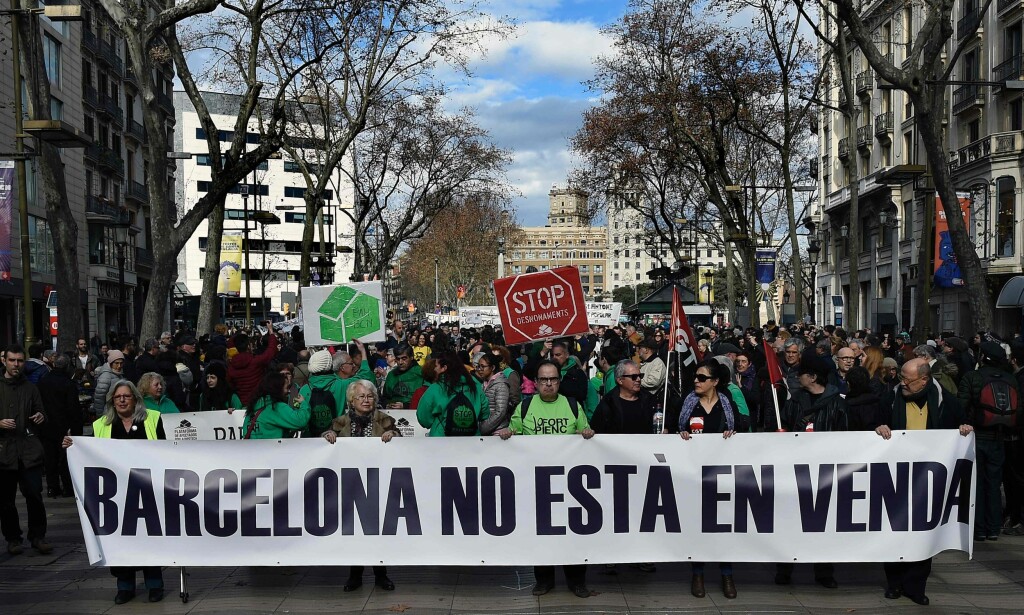
In other words, you have to put the business at the starting point?
A. Antebi: Yes. We need measures to deliver benefits and put limits on the free bar that big business has enjoyed so far. They try to ridicule the contributions made along this road, saying: “What are you going to do, put tolls on buses, limit arrivals to the airport, vallar Ciutat Bella?” Well, no. We are not talking about coercive measures that target people.
The first measure adopted here was the tourist tax: paying a euro for every night I spent at the hotel. The Turisme consortium in Barcelona became angry and managed to invest all the money that had been earned with the rate in the tourism promotion of Barcelona. That is, they managed to open a new path to raising money for them and, at the same time, imagine that they were doing something for sustainability.
These strategies must be fought. In the coming years, these lobbies will be at the top of the talks on sustainable tourism, just as large companies have done with the green economy.
The great C. Milano: Airbnb, Uber and the like, at the beginning, have been considered an opportunity to redistribute the benefits of tourism and, finally, have discovered that it is a submerged economy. They have become something else, we could call “the capitalism of the platform.”
How have you seen the work of the Municipal Government of Ada Colau on this issue?
A. Antebi: They have achieved a victory and that must be acknowledged. They have shown a firm attitude to the excesses of Airbnb. But as in many other areas of their policy, they have not gone beyond gestural politics. They find it very difficult to make really binding decisions. The transformation of an entire model requires time and greater social pressure to the municipal government, and paradoxically, the rulers come from the trench of social pressure.
Can the Catalan independence process bring something positive to the debate on the tourism model?
A. Antebi: I, in principle, do not believe that they are easy to connect. But if we expand the focus and consider what we are living in Catalonia as an attempt to challenge the regime of 78 and how the “Late Francoism” was built around the ideology of tourism, then yes, there can be some changes in the bowels of the story. However, this remains to be seen. The match of the European League’s second day has not yet been disputed. In the direction of this process is the "convergent" right of Catalonia. And, precisely, they have been the main promoters and sponsors of the tourism model that we are questioning today.
The Atacama Desert Foundation has denounced on social networks the destruction of the geoglyphs of the area and, through several photographs, has shown the destruction that visitors who travel in 4x4 vehicles to the desert are causing. These are large geoglyphs made between 1000... [+]
Close the computer, put on chanclets, stroke with the sun cream. Where are you going on holiday? We've normalized that vacation is going somewhere, because rest needs distance, we say. And when we make the journey, we will become tourists, even if the change of denomination... [+]
The pintxos of many bars in the Old Part of Donostiarra come to serve in a van with permission to access the old part of Donostia. In the other bars, to eat the potato tortilla pintxo they prepare, you have to queue and take the turn when the morning van enters the old town. A... [+]









